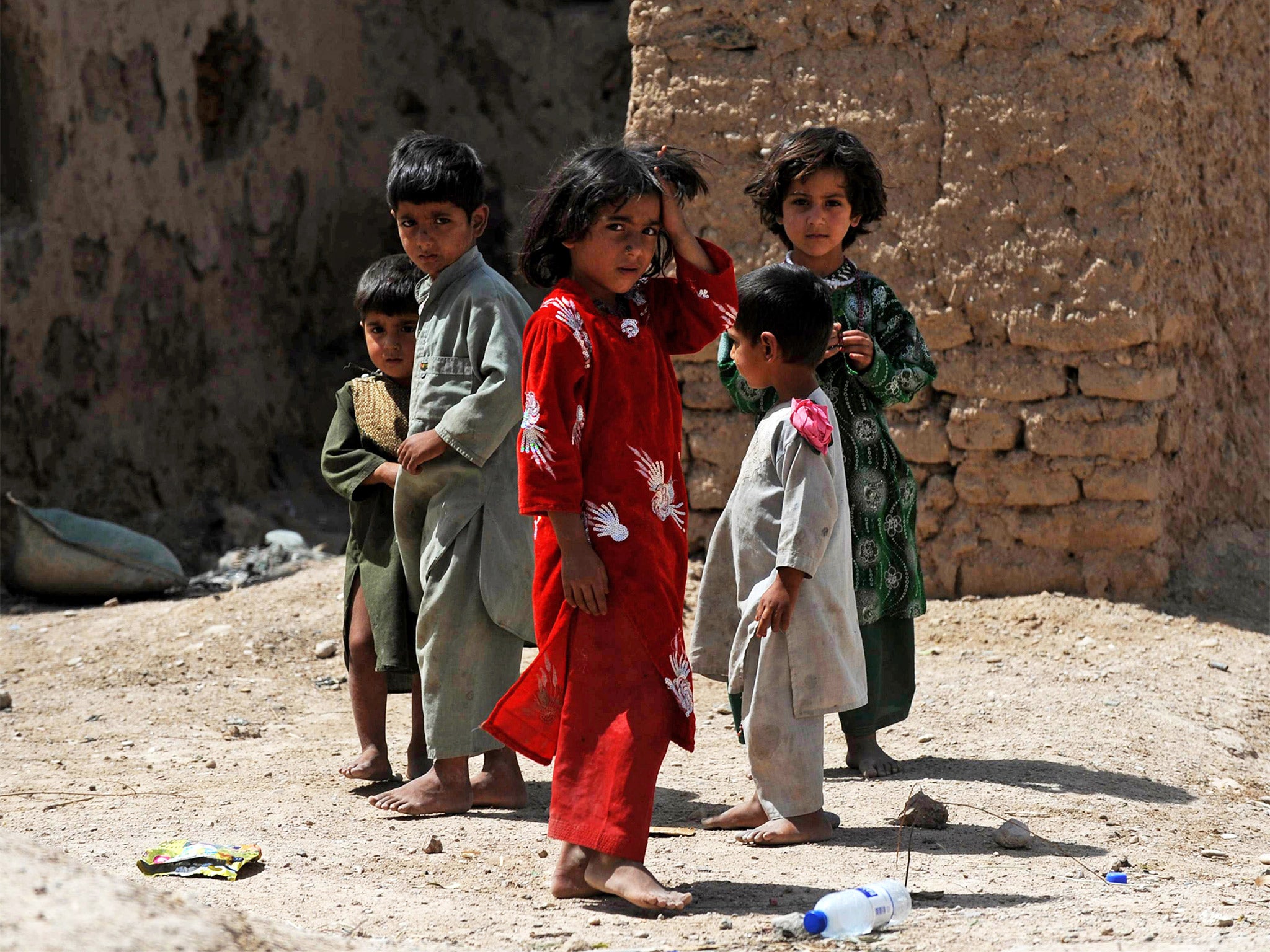Refugee crisis: Thousands of child asylum seekers deported back to war zones, Home Office admits
Exclusive: Hundreds sent back from UK to countries where Isis and Taliban are rampant

Thousands of young people who sought refuge in Britain as unaccompanied child asylum-seekers have been deported to repressive regimes and countries partly controlled by Isis and the Taliban, the Home Office has admitted. Over the past nine years 2,748 young people – many of whom had spent formative years in the UK, forging friendships and going to school – have been returned to countries including Afghanistan, Iraq, Iran, Libya and Syria.
The figures were finally published by the Home Office minister James Brokenshire this week. Previous Home Office figures significantly understated the scale of the deportations.
The bulk of those deported – some 2,018 – were sent to Afghanistan, but around 60 young people have been deported to Iraq since 2014, the year Isis seized control of swathes of the country. The findings, which were triggered by questions from the Bureau of Investigative Journalism and the Labour MP Louise Haigh, raise serious concerns about what happens to child asylum-seekers when they turn 18, and at a time when Britain is being urged to help thousands of orphaned child refugees from Syria.
Unaccompanied child asylum-seekers arriving in the UK are given temporary leave to remain. But this expires when they become adults, at which point many are sent back to their home country – even if they have taken GCSEs and A-levels, integrated into British society and lost touch with their homeland. They often struggle to start new lives, because their Westernised mannerisms mean they are regarded with suspicion.
Ms Haigh said: “These shocking figures reveal the shameful reality behind our asylum system.
“Children who flee countries ravaged by war in the most appalling of circumstances are granted safe haven and build a life here in the UK, but at the age of 18 can be forced on to a flight and back to a dangerous country they have no links to and barely any memory of.
“With many more vulnerable young children due to arrive in the UK over the next five years the Government needs to answer serious questions and provide a cast-iron guarantee that vulnerable young people will not be sent back to war zones.”
She now plans to bring a parliamentary debate on the issue, while the Liberal Democrat leader Tim Farron is to chair an emergency cross-party summit on 10 February to explore how Britain can support future intakes of child refugees.
Mr Farron said: “It is a sad state of affairs that the Government is stripping the protective blanket of safety we have offered these children on their 18th birthday. Many will have integrated into their communities.”
As he released the figures, Mr Brokenshire was forced to apologise for previously providing the Commons with inaccurate numbers in November that said just 1,040 former child refugees had been returned to Afghanistan, Iraq, Iran, Syria and Libya since 2007. He blamed the inaccurate data on “an error during the extraction process”.
Ms Haigh said: “Ministers have been basing their confident assurances on protecting these extremely vulnerable young people on a calamitous guesstimate.”
The Bureau of Investigative Journalism explored the cases of several Afghan teenagers last year as they battled deportation orders. Some who were returned claimed they had been left homeless, chased by the Taliban, kidnapped, ransomed and beaten.
The latest Home Office figures show that in 2015, 57 former child refugees were sent back to Afghanistan, where the Taliban still controls many districts. Removals to the country have now been temporarily halted as lawyers argue that the security situation is so unsafe that no one should be returned.
However, earlier this month lawyers for the Home Office argued in a Court of Appeal case that removals should continue. The judgment is expected imminently. The latest figures also show 657 former child refugees have been returned to Iraq since 2007, including 22 last year and 38 in 2014 when Isis began to take territory in the region.
The Foreign Office advises against “all but essential travel” to half of Iraq, and against any travel to the north-western areas.
A Home Office spokesman said: “All applications to remain in the UK are considered on their individual merits, including an applicant’s age, the length of time they have spent in the UK, their ability to reintegrate and any compassionate circumstances.”
Explainer: Child asylum claims
Children can apply for asylum when they first arrive in the UK, but the likelihood of getting refugee status at this point is low, and even less likely for Afghan or Iraqi children.
The UK Government does not generally deport unaccompanied children – so instead they are given temporary leave to remain, which lasts until they turn 17-and-a-half.
At this point, teenagers must apply to extend their leave. But the BIJ’s analysis of appeals from Afghan teenagers found just one in five was granted asylum at this point. Thousands of teenagers are deported after years living in the UK.
Subscribe to Independent Premium to bookmark this article
Want to bookmark your favourite articles and stories to read or reference later? Start your Independent Premium subscription today.

Join our commenting forum
Join thought-provoking conversations, follow other Independent readers and see their replies